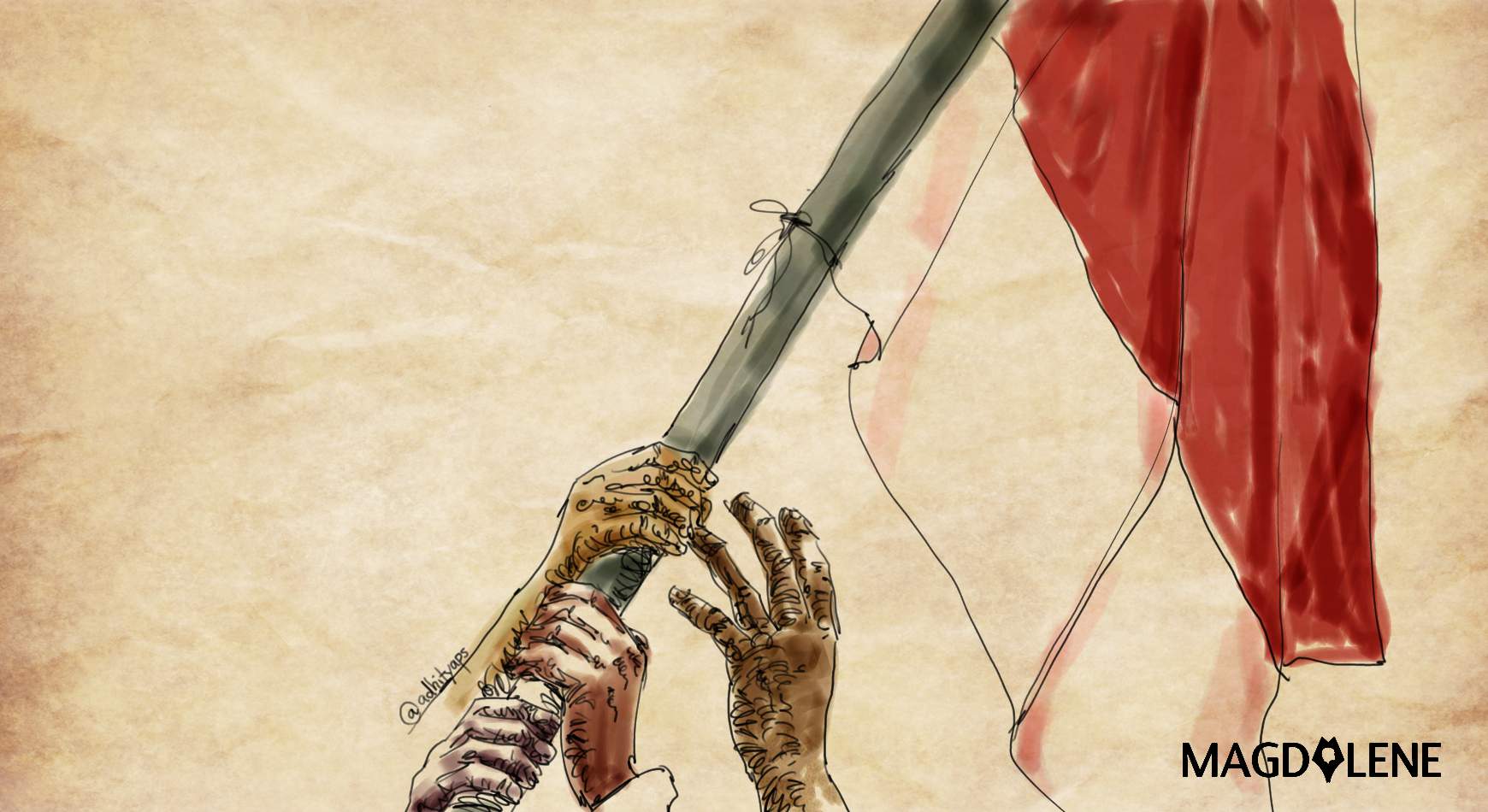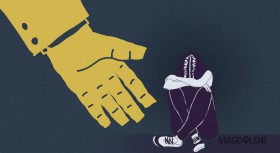Chinese-Indonesians used to be my top topic. It is because of May ‘98 and the rise of anti-Chinese sentiment in Indonesia in the previous years. I wanted to know why the Chinese were hated, if economic disparity justified the hatred, and if there were better solutions than assimilation or social work.
It was in Australia that I discovered that identifying yourself as Chinese is not rude and no qualifier (“but I feel completely Indonesian”) is needed. It was also in Australia that I learned that studying Indonesia is not complete without studying Chinese-Indonesians. Furthermore, I went to Australia during the renaissance of Chinese-Indonesian culture and identity, the Reformasi years. Part of Reformasi was accepting Chinese people as Indonesians and ending the New Order’s ban on Chinese culture and language.
My dad bought volumes of Gramedia’s Sastra Tionghoa Peranakan series, which collected short stories and novellas published by Chinese or mixed race writers in colonial times. The Peranakan language and expressions, less sophisticated and grittier compared to the graceful Minang writing of Balai Pustaka’s classics, influence colloquial Indonesian and gave realistic pictures on life in Batavia, Semarang, and Sumatera during the Great Depression and the formative years of the Republic.
In university I indulged in reading Gramedia books and became an optimistic nationalist. There were essays of Catholic priests Y.B.
Mangunwijaya and M.A.W. Brouwers. There were Kompas’ short story anthologies along with Seno Gumira Ajidarma’s collection. I also happily bought academic books on Indonesia, like Robert Elson’s Suharto and Jean Gelman Taylor’s Indonesia: Peoples and Histories. Nothing delighted me more than finding references and discourses on Chinese-Indonesians in the literature.
I really warmed to the idea that Indonesia comprises people of different races and different histories, and the Chinese were part of those histories along with the Arabs, the Indians, the Europeans, and hundreds of nations with different histories. I enjoyed talking about Indonesia with everyone, and also felt proud (perhaps too proud) being Chinese-Indonesian.
But it wasn’t long before my bubble burst.
Just recently I understood why I felt so sad in the mid-2000s and what caused the arrest of my personal development ever since. For all my enthusiasm, I envisioned an Indonesia that was like Malaysia or Singapore, where Chinese culture and people take the center stage. In 2005, I was devoid of Chinese-Indonesian friends and while I enjoyed socializing with people from different backgrounds, I longed to be in the company of Chinese-Indonesians, just like the common Chinese-Indonesians did.
By late 2000s I had made a living teaching Chinese-Indonesian teenagers and writing about Chinese-Indonesian political and cultural rights. I became active in church. I joined a Chinese-Indonesian forum. But the problems just didn’t go away. By then Chinese-Indonesian culture and people had been hidden in the background like it was before 1998, and my Indonesian vision was so disconnected to the one I had five years before.
From one Independence Day to the next, I wrote about deteriorating race relations in Malaysia, how Ahok might change race relations in Indonesia, and how the Korean Wave influenced perception on Chinese-Indonesians. Those articles, of course, did not generate a national debate and did not make me more popular among Chinese-Indonesians and I did not get to snap a cute couple picture at Sour Sally. I only felt more miserable.
Only recently I’ve got the clear picture. Finding a progressive Chinese-Indonesian is hard, whether I am a biracial or a full-blooded Chinese, and I am not the only Chinese-Indonesian who found it hard to express a personal opinion and discussing various issues frankly.
The strange thing is I am no longer disillusioned with Indonesia. Perhaps it is because our neighbors keep letting themselves down. I am thankful I am not a Filipino, or Malaysian, or Thai. Sure, my friends are upset with Jokowi and his latest cabinet picks, but we have seen our online outrages heard by the government.
The more I learn about global and Southeast Asian histories, the more I see Indonesia as a country with a normal history. The civil wars, the post-colonial colonialism, the genocide, the corruption – most of the world have their share of these, and many historical topics are still off discussion. In fact, throughout the world there are social and legal punishments for raising questions on national history and accepted wisdom.
The riot night in Tanjungbalai recently upset me for different reasons. I was upset that journalists are still using awkward phrases like “a member of the ethnic Chinese community”. Rather than being “politically correct”, it shows that our media still can’t see Chinese-Indonesians as Indonesians.
I was upset that people blame Meliana for the riot, including Tanjungbalai’s Chinese community leaders. I was disgusted with people in urban Java who commented “Just move. Or use noise-cancelling headphones” (yay privilege!). I was upset knowing there would not be a long-form article explaining why it happened in Tanjungbalai. I was perplexed that few Tanjungbalai Chinese could have their voice heard, since they were afraid to talk to the press and we still have very few Chinese-speaking journalists in Indonesia.
Yes, I am thankful that no one died in the riot. I am thankful that the people of Tanjungbalai did what they could to contain the rioters. Still, I am disgusted that Meliana is charged with blasphemy, but the temple burners are not. I am sad that the Tanjungbalai Chinese have left the city, most Chinese-Indonesians won’t care about their welfare, and the mayor just said “Come back. It is safe here,” a familiar line from 1998.
But such is Indonesia, such is Southeast Asia. Such is the world in 2016. If Indonesia feels horrible right now, so does people elsewhere, in other countries. But when you read the articles here and connect with the writers and with other readers of Magdalene, you know there are good people around you. You know things are manageable and the ray of light is always there.
My life is still far from settled, but here I’ve finally found my community. I’ve finally found my Indonesia.
Read Mario’s take on the “furor” over the new Ghostbusters.









Comments